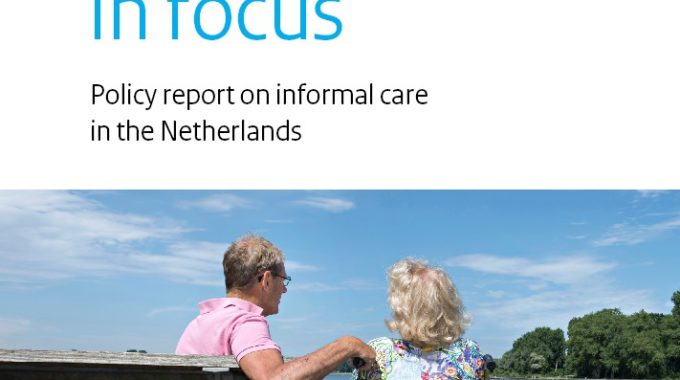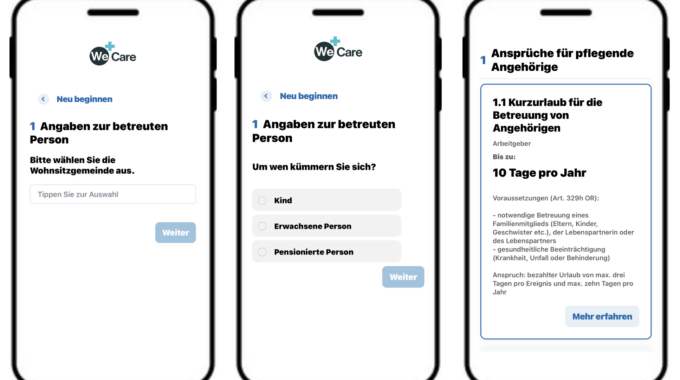
Dutch informal carers in focus
Around one third of Dutch citizens aged over 16 are informal carers. Informal care (regarded here as all help provided to a sick, disabled or frail person by someone in their immediate social setting) is indispensable.
Many informal carers are doing well, and derive great satisfaction from the help they provide. Around one in ten experience a high ‘caregiver burden’; this manifests itself in a variety of ways, such as health problems, high time pressure, absenteeism from work or faltering study results. There are several ways of reducing this burden, for example sharing the help with other informal or professional carers. Dutch local authorities have a duty to support informal carers, but the take-up of support is low.
In this publication we discuss a number of important policy themes that are relevant for informal care, based on the knowledge gathered on this topic by the Netherlands Institute for Social Research (SCP).
Those themes are the willingness and ability to provide informal care, informal caregiver burden and support for informal carers – three themes which are directly linked to the ability of informal carers to provide care and the conditions to enable them to do so.
Policy report on informal care in the Netherlands written by Alice de Boer, Inger Plaisier and Mirjam de Klerk is available here.





